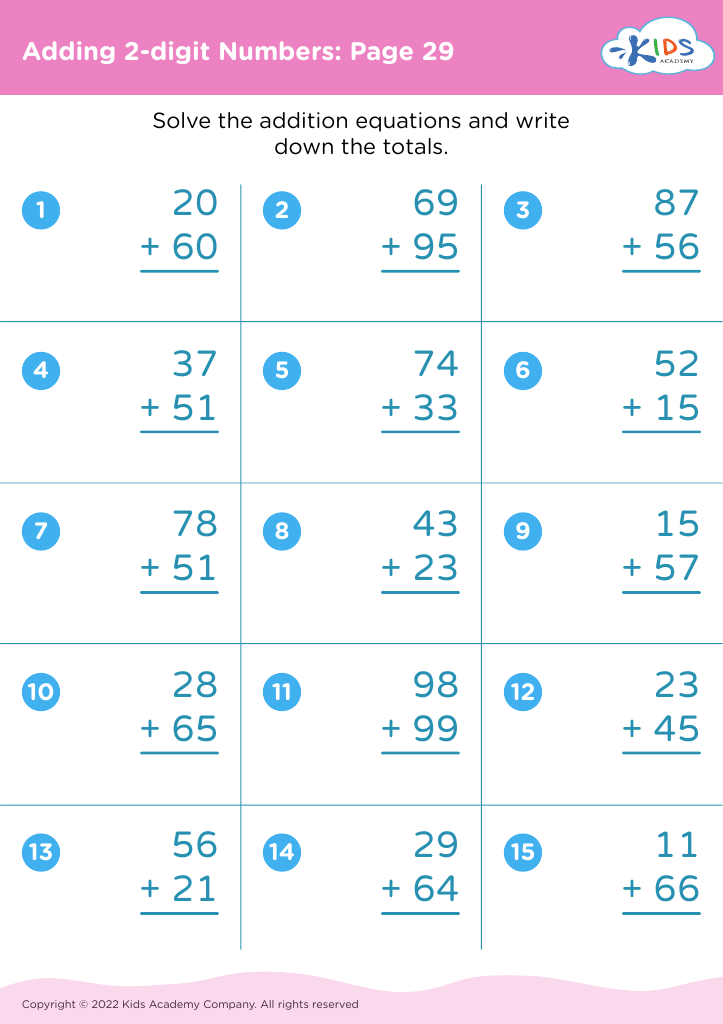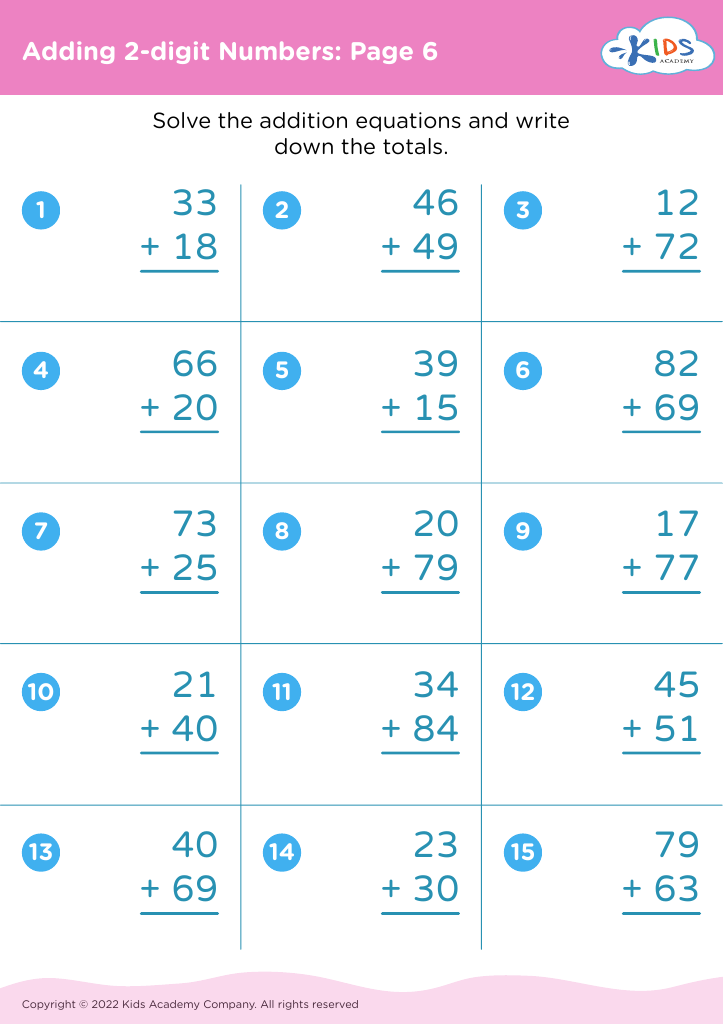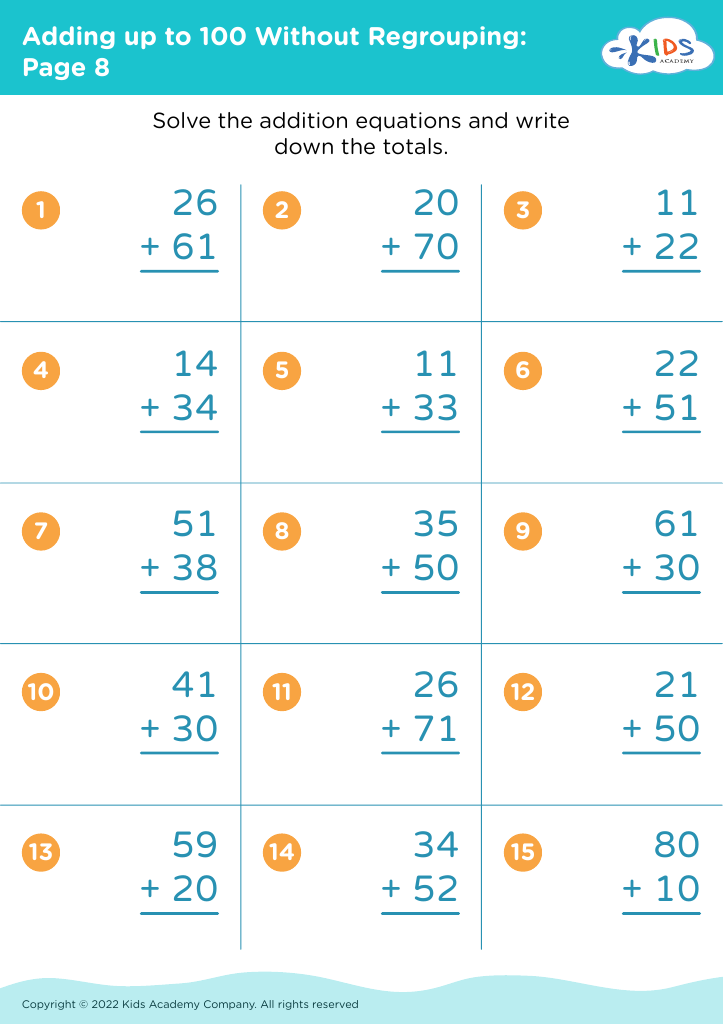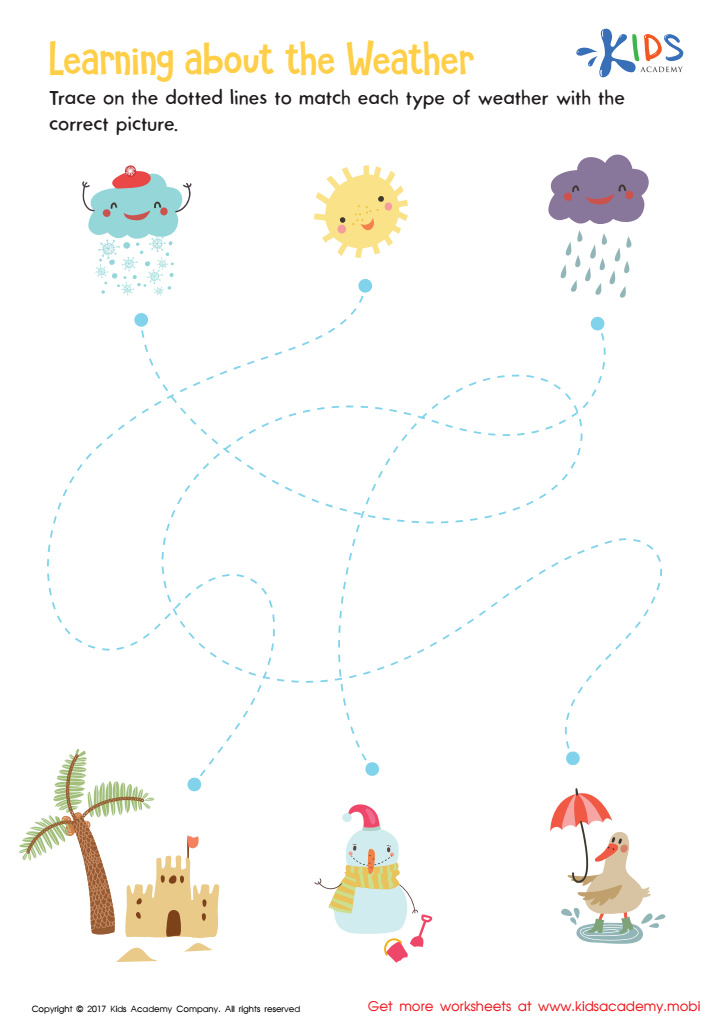Vocabulary development Math Worksheets for Ages 5-9
16 filtered results
-
From - To
Introduce your young learners to the fascinating world of math with our "Vocabulary Development Math Worksheets for Ages 5-9". These carefully crafted worksheets emphasize essential mathematical terms and concepts, making it easier for kids to understand, remember, and apply math vocabulary in their daily activities. Through engaging exercises and fun activities, children will expand their math-related language skills, paving the way for confident problem-solving and comprehension. Ideal for both classroom use and home practice, our worksheets offer an enriching experience for young mathematicians, enhancing their academic journey while fostering a love for learning.
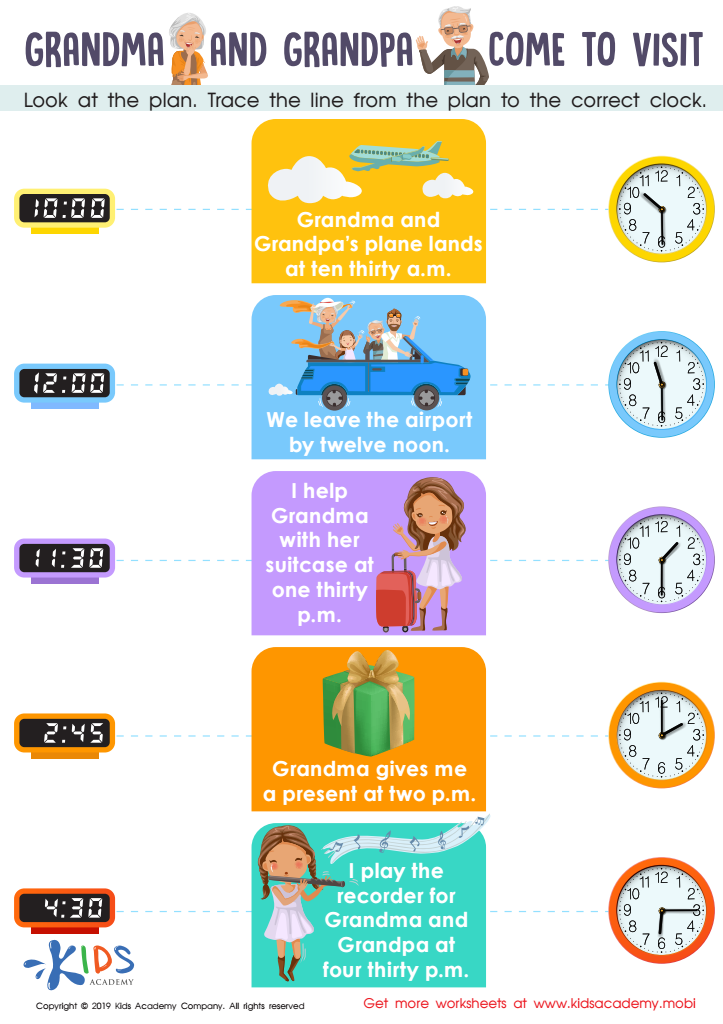

Grandpa and Grandma Come to Visit Worksheet
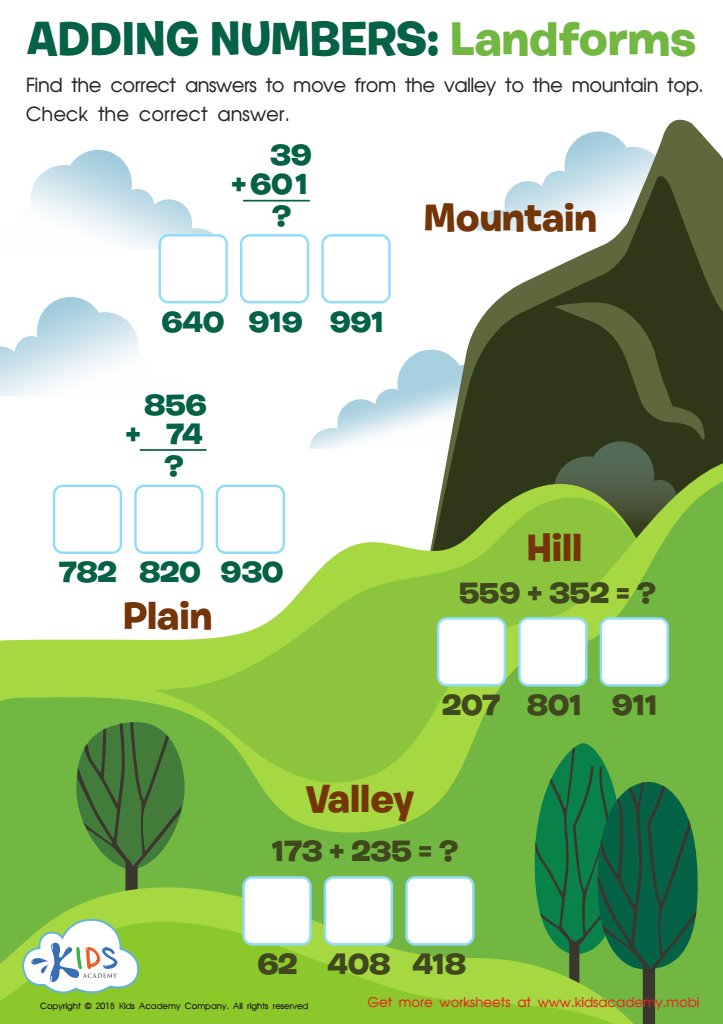

Adding Numbers: Landforms Worksheet
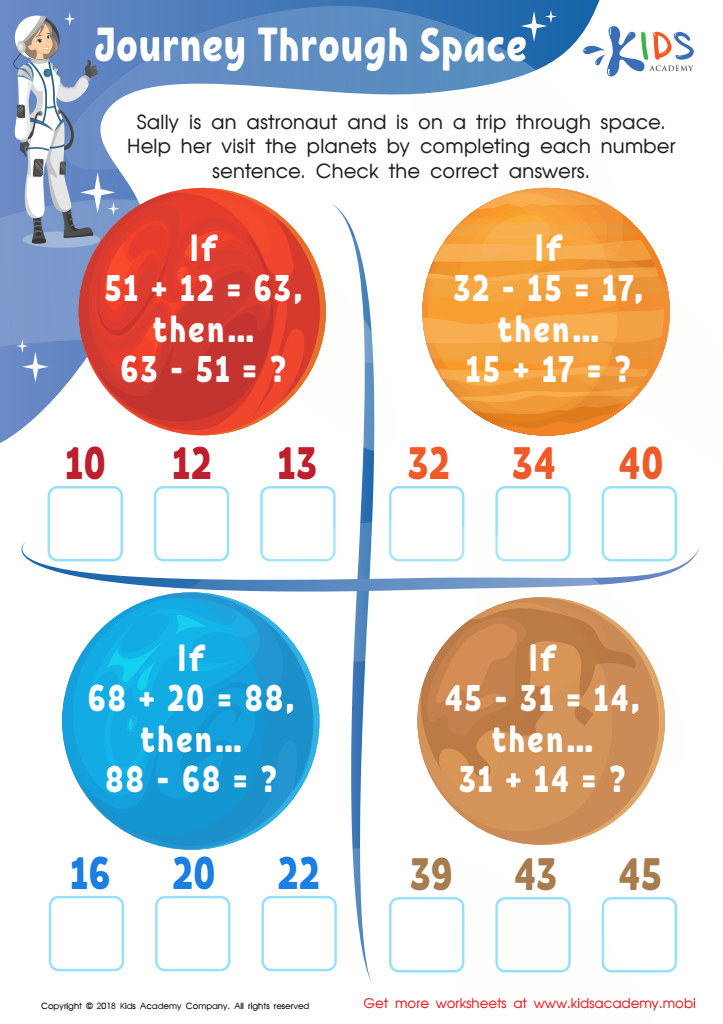

Journey Through Space Worksheet
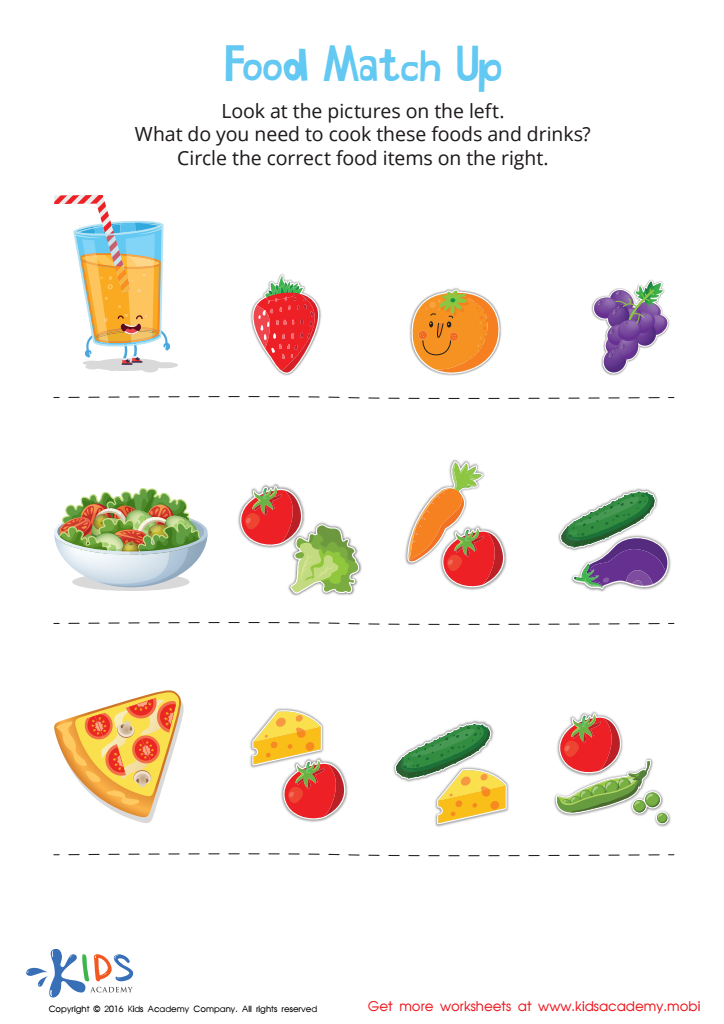

Food Match Up Worksheet
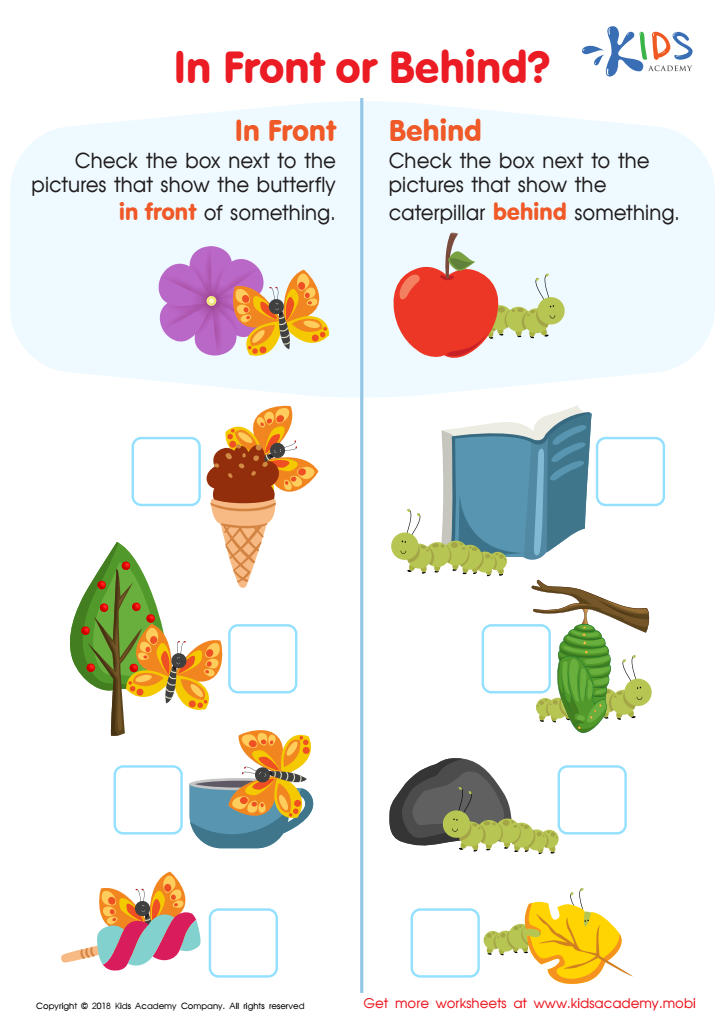

In Front or Behind Worksheet
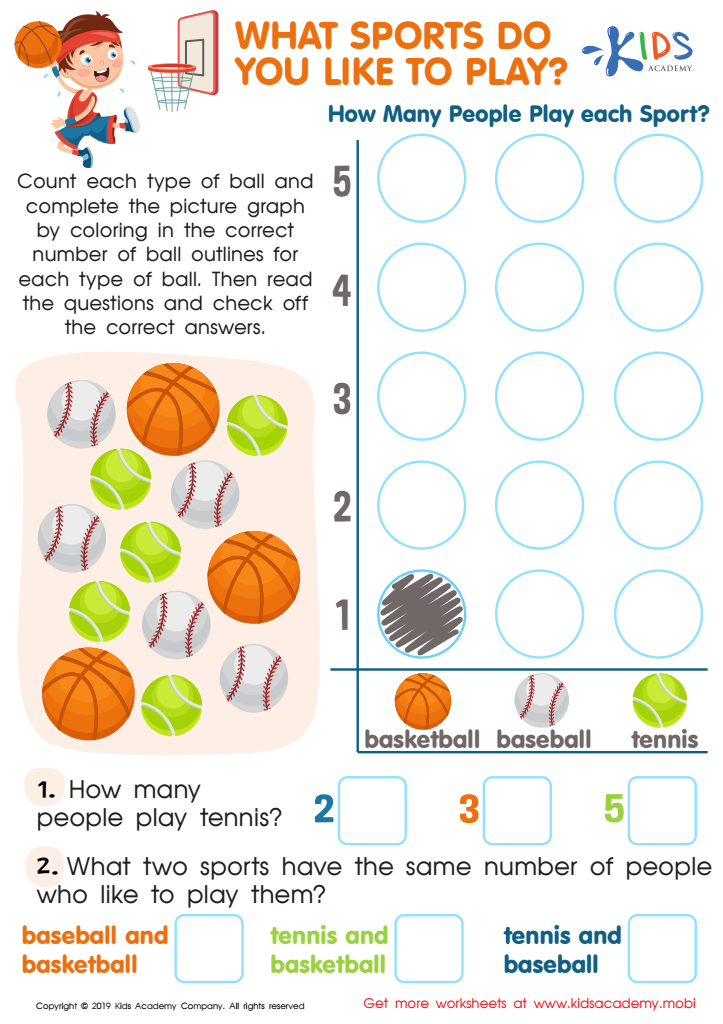

What Sports Do You Like to Play Worksheet
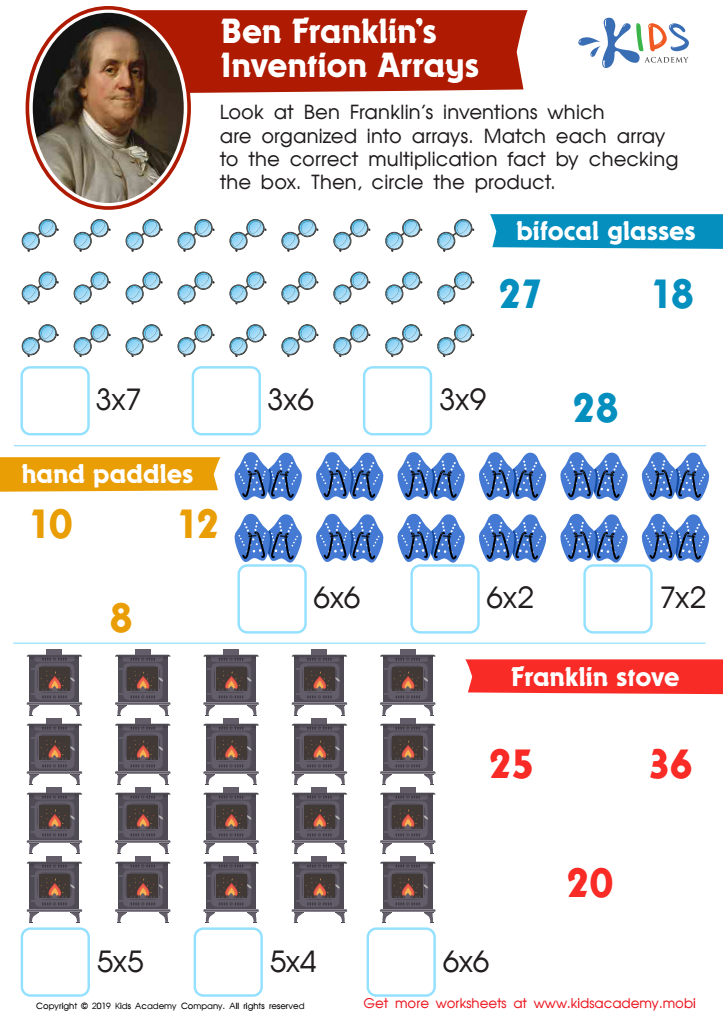

Ben Franklin’s Invention Arrays Worksheet
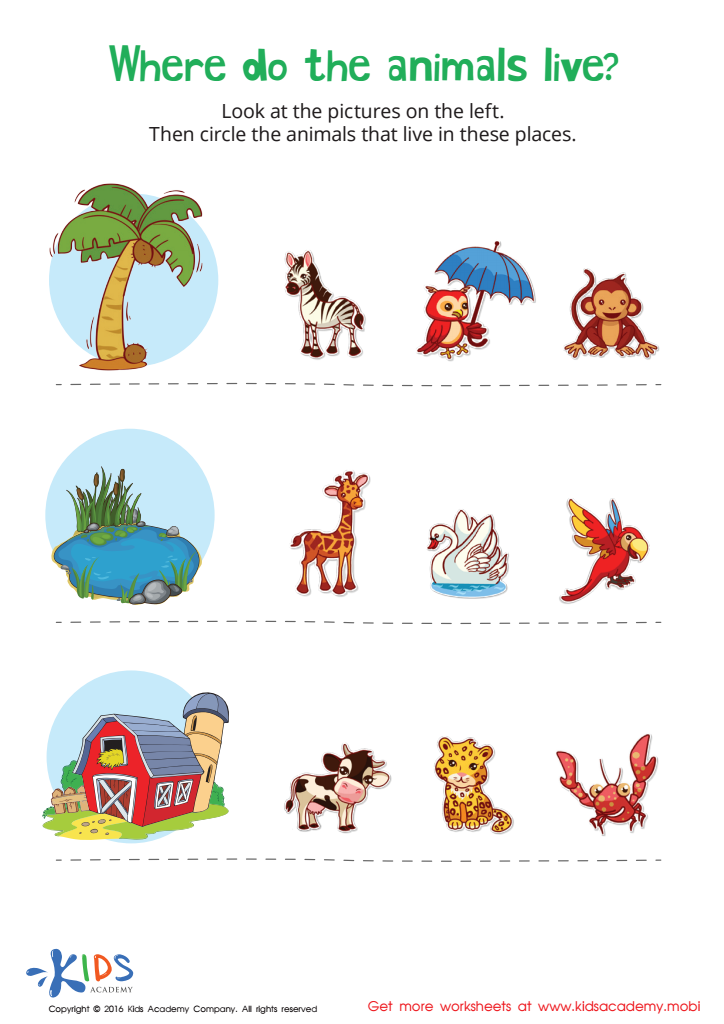

Where Animals Live Worksheet
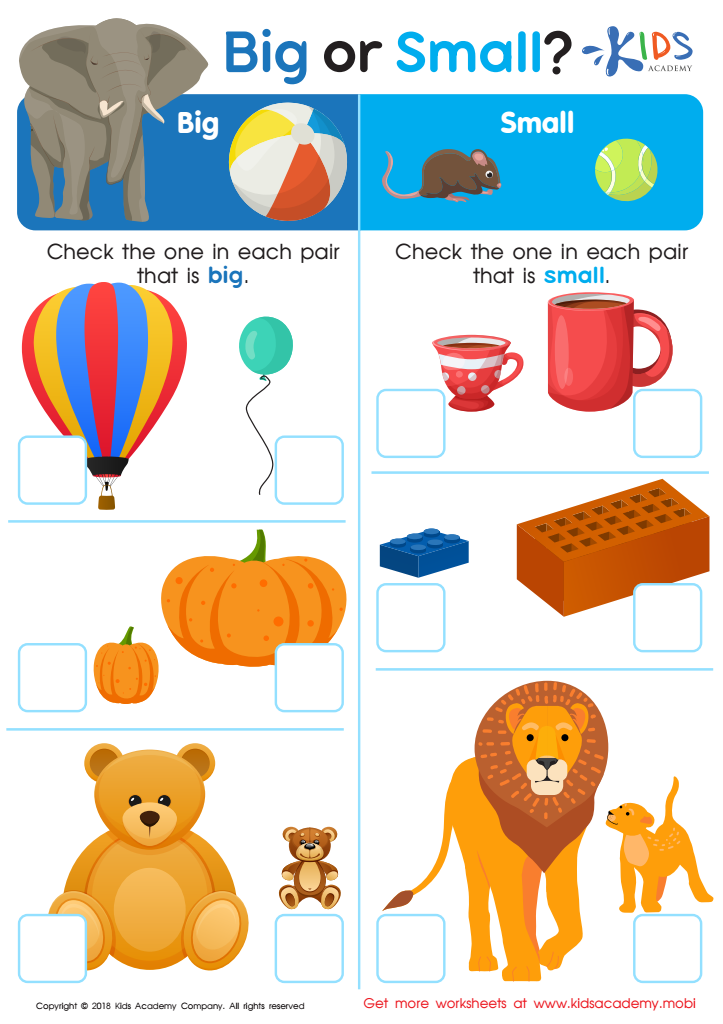

Big or Small? Worksheet
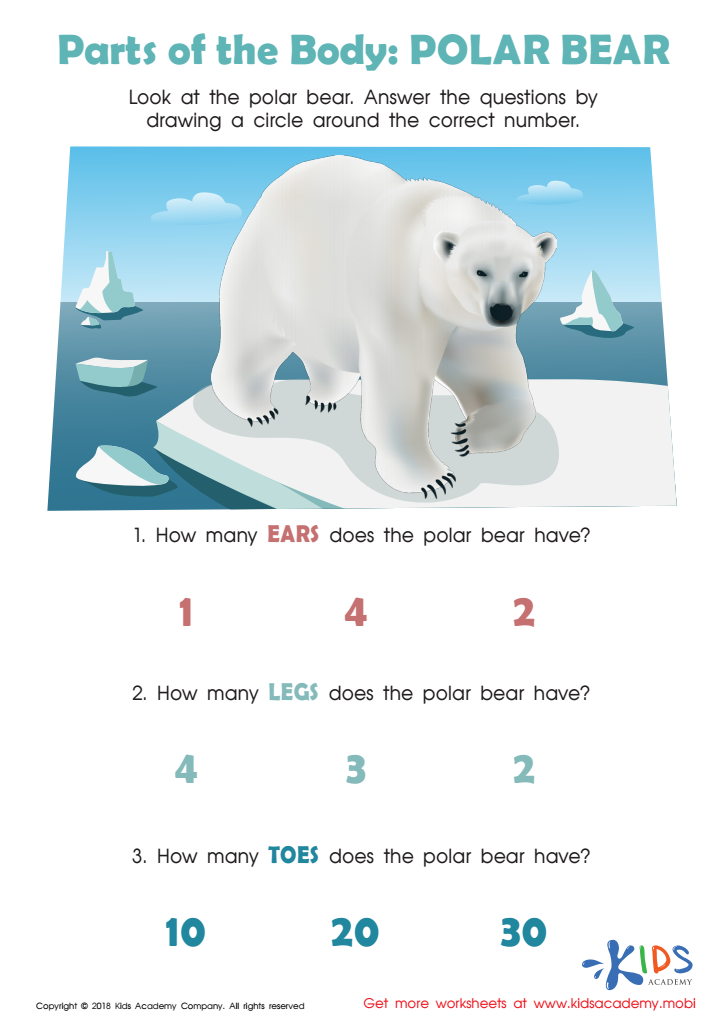

Parts of the Body: Polar Body Worksheet
Vocabulary development in math for children ages 5-9 is crucial because it lays the foundation for their overall academic success and cognitive growth. During these early years, children are like sponges, absorbing new information rapidly. Learning math vocabulary helps them grasp essential concepts more easily, improving their problem-solving skills and mathematical reasoning.
A strong math vocabulary means children can more effectively understand instructions, participate in discussions, and follow along in lessons. Terms like "addition," "subtraction," "greater than," and "less than" are building blocks for more advanced math topics. Without a firm grasp of this vocabulary, children may struggle as they progress through their education, leading to frustration and a lack of confidence.
Moreover, vocabulary development in math supports language development in general. It encourages precise communication and analytical thinking, skills that are valuable in virtually all subject areas and real-life situations. Engaging children in math-related conversations, using story problems, and incorporating games can make learning these terms enjoyable and memorable.
In summary, paying attention to vocabulary development in math from an early age equips children with the tools they need to succeed academically. It fosters confidence, critical thinking, and a lifelong appreciation for learning, benefiting them not just in math, but across all areas of their education and personal growth.

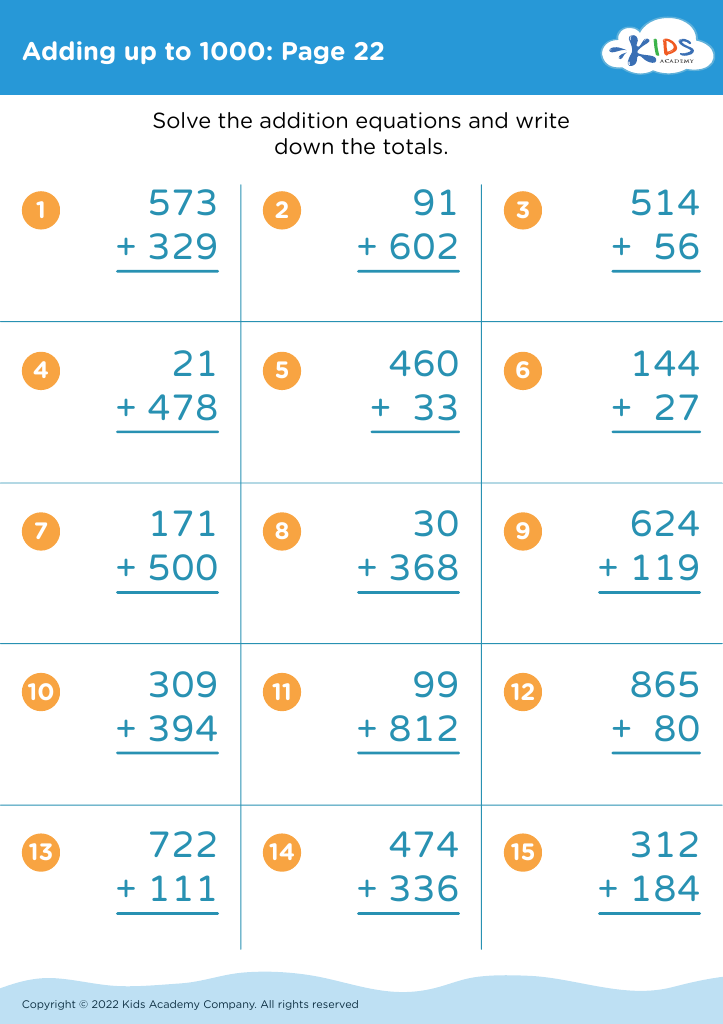

 Assign to My Students
Assign to My Students


